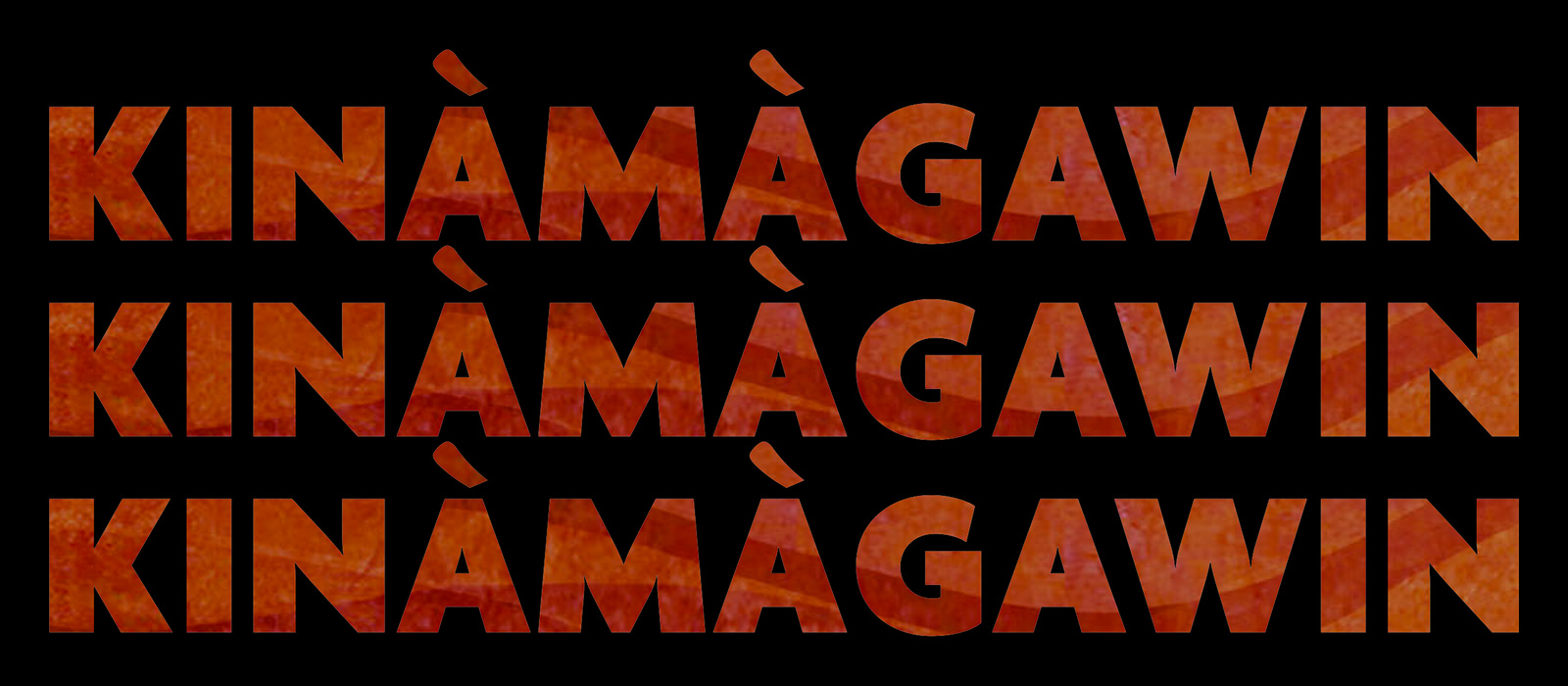Anti-Indigenous Racism in Canada
This workshop focuses on anti-Indigenous racism and how to practice allyship in support of Indigenous communities. Participants will learn the meaning of settler colonialism, who is a settler, and how the oppression of BIPOC communities affects these conversations. By understanding one’s own privilege and learning about anti-Indigenous micro-aggressions, participants will leave this workshop better able to identify and intervene when anti-Indigenous racism occurs.
Institutional Anti-Indigenous Racism and Education
In this workshop, participants will learn about systemic and institutional forms of oppression that negatively impact Indigenous peoples in Canada. Building on Workshop 1, attendees will learn how Canada has utilized policies of assimilation to eradicate First Nation, Inuit and Metis peoples. Topics covered include the Indian Act, Indian Residential Schools, Indian Hospitals, the 60s Scoop, the Millennium Scoop, and barriers to education for Indigenous students. Upon completion, participants will better understand systemic racism and how it impacts Indigenous peoples. This session will also offer insight into how Carleton University is addressing these realities.
Indigenous Student Experiences and Centre for Indigenous Support and Community Engagement
This workshop addresses the specific needs of Indigenous students, staff, and faculty at Carleton University. Participants will hear directly from current and former Indigenous students about what challenges they face as they work towards their degree, and what supports they feel have been critical to their success. The Kinàmàgawin Report, released in 2020, includes 41 Calls to Action that Carleton has committed to fulfilling with the goal of improving the experience of Indigenous students, staff and faculty. This workshop will highlight the significant impact that Indigenous-centered spaces have on student wellbeing.
Practicing Allyship and Righting Relations
This final workshop will encourage participants to apply what they have learned in previous sessions in order to encourage allyship with Indigenous peoples. The difference between cultural appreciation and cultural appropriation will be explained and the basics of practicing allyship will be reviewed. Participants will leave this workshop knowing how to make space for Indigenous perspectives, support the inclusion of Indigenous peoples, and maintain respectful relationships with Indigenous individuals and communities.
